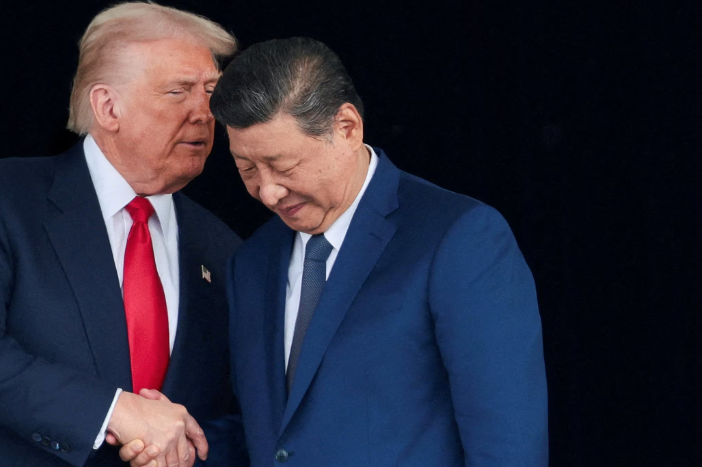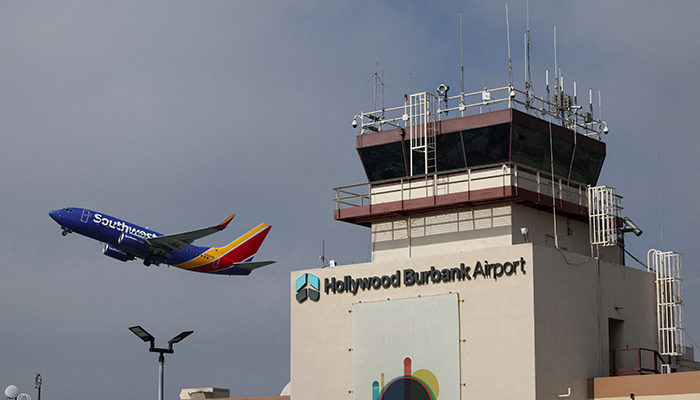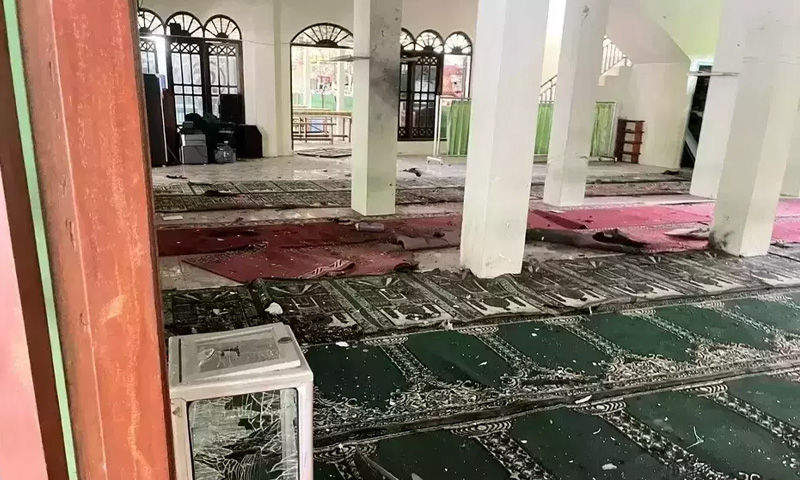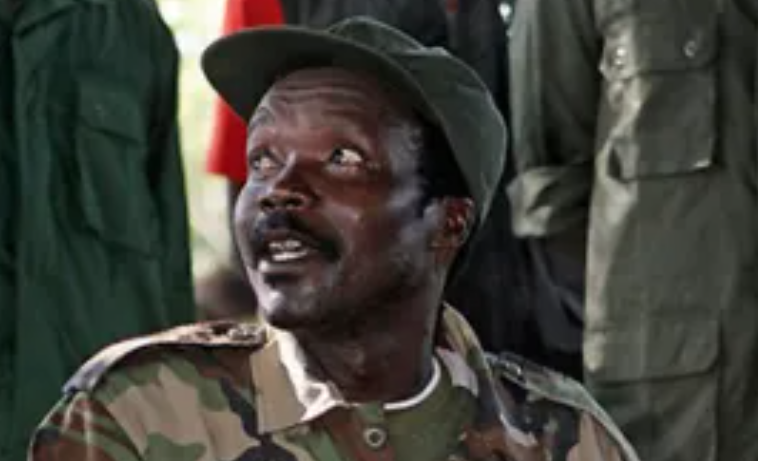WORLD NEWS
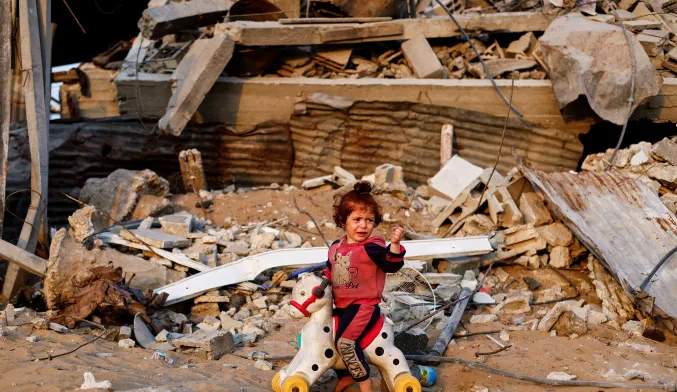
United States President Donald Trump has announced that a U.S.-coordinated international stabilisation force will be deployed in Gaza “very soon” as part of his administration’s post-war plan for the enclave, which continues to endure a severe humanitarian crisis amid Israeli bombardments.
“It’s going to be very soon. And Gaza is working out very well,” Trump said on Thursday, adding that an alliance of “very powerful countries” had volunteered to intervene if challenges arose with Hamas, the Palestinian armed group that has not yet agreed to disarm.
The president’s remarks come as the United Nations Security Council (UNSC) prepares to negotiate a resolution authorising a two-year mandate for both a transitional governance body and the stabilisation force. This international force would aim to protect civilians, secure Gaza’s borders, and train Palestinian police, according to U.S. and UN officials.
UN Secretary-General António Guterres, speaking to Al Jazeera earlier this week, emphasised that any stabilisation force must have “full international legitimacy” to effectively support Palestinians and facilitate long-term peace in Gaza.
A senior U.S. official confirmed to Reuters that negotiations on the draft resolution were expected to begin Thursday, following its circulation to UNSC members and several regional allies, including Egypt, Qatar, the UAE, Saudi Arabia, and Turkiye. The proposed text reportedly authorises a 20,000-strong international force to “use all necessary measures” to enforce its mandate — granting it the authority to use force if required.
Hamas has yet to announce whether it will comply with the disarmament conditions central to Trump’s 20-point Gaza peace plan. Under the proposal, the stabilisation force would be tasked with dismantling Hamas’s offensive infrastructure and preventing its rearmament.
Trump’s Gaza initiative previously contributed to a ceasefire and prisoner exchange deal on October 10, though Israel has since faced international criticism for continuing airstrikes and aid restrictions that have worsened Gaza’s humanitarian crisis.
Meanwhile, Turkiye has emerged as a significant diplomatic player in the plan’s advancement. Ankara hosted a ministerial summit this week with representatives from Qatar, Saudi Arabia, the UAE, Jordan, Pakistan, and Indonesia, urging collective support for the stabilisation mission and pressing Israel to uphold the ceasefire.
Turkish President Recep Tayyip Erdoğan has condemned Israel’s “genocidal war” in Gaza and demanded that Tel Aviv open humanitarian corridors immediately. However, Israeli leaders, including Prime Minister Benjamin Netanyahu and Foreign Minister Gideon Saar, have rejected any Turkish role in Gaza, insisting Israel will retain control over its own security perimeter.
During a previous joint press briefing with Trump, Netanyahu asserted that “Israel will retain security responsibility for the foreseeable future.”
Adding to the complexity, the U.S. Central Command (CENTCOM) has clarified that no American troops will be deployed to Gaza directly, though the U.S. will oversee coordination and logistics of the international mission.
As the UNSC prepares for deliberations, diplomats warn that regional rivalries, Israeli objections, and Hamas’s uncertain stance could complicate the deployment timeline — even as Washington pushes for swift implementation.
